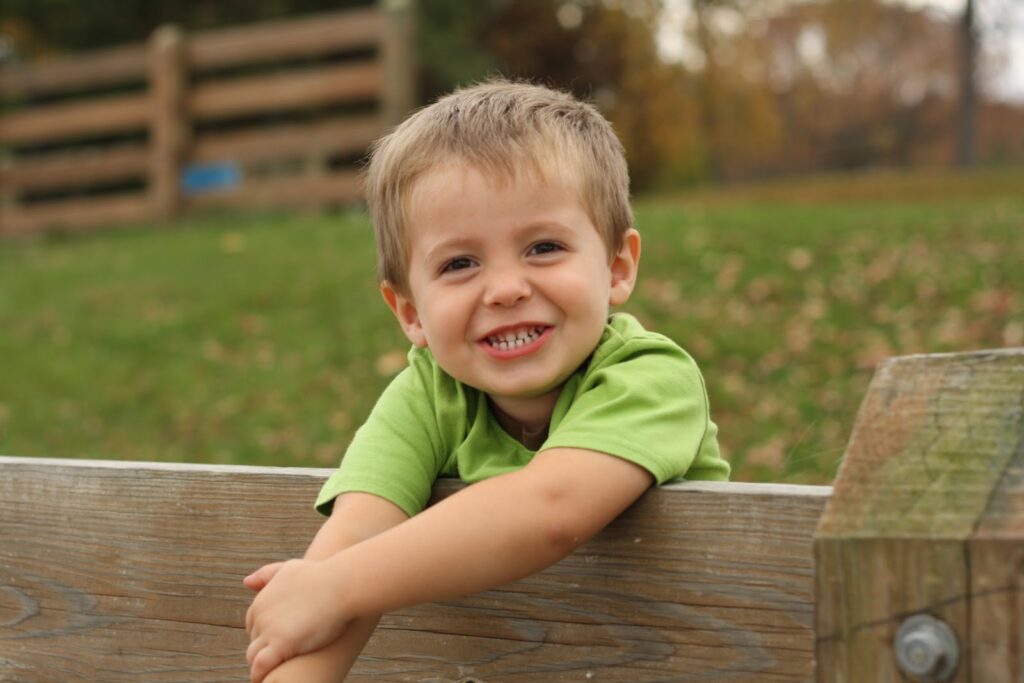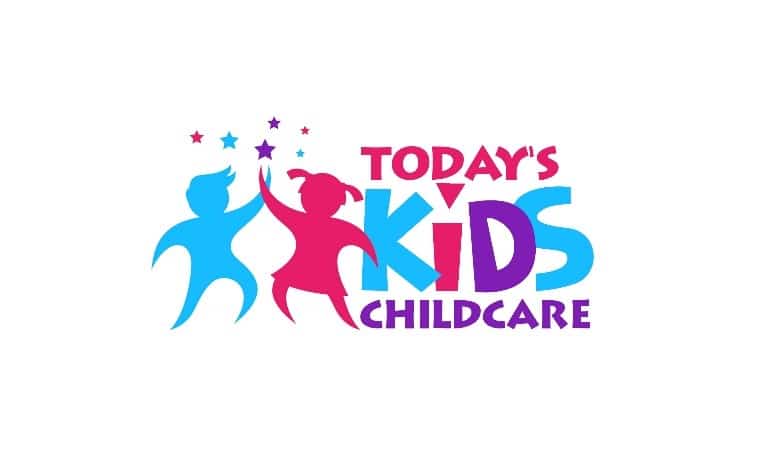Every child’s journey through early development is a remarkable and unique experience, marked by a series of milestones that shape their growth and abilities. Understanding these developmental markers can provide parents and caregivers with valuable insights into their child’s progress. In this blog post, we’ll explore the key developmental milestones in young children, offering a glimpse into the exciting stages of their early years.
1. Motor Skills:
- Gross Motor Skills: In the early years, children develop the ability to control their large muscles. This includes milestones such as rolling over, sitting up, crawling, standing, and eventually walking.
- Fine Motor Skills: Fine motor skills involve the coordination of small muscles. Key milestones include reaching for and grasping objects, transferring objects between hands, and eventually developing dexterity for activities like holding a spoon or scribbling.

2. Cognitive Development:
- Sensorimotor Stage: In the first two years, children explore the world through their senses and develop object permanence—the understanding that objects continue to exist even when out of sight.
- Problem-Solving: As they grow, children begin to engage in problem-solving activities, such as figuring out how to stack blocks, complete simple puzzles, and understand cause and effect.
3. Communication and Language:
- Babbling and Coos: Infants typically begin babbling and cooing in the first few months. This marks the beginning of their communication journey.
- First Words: Around one year, children may utter their first recognizable words, and by the age of two, they often have a vocabulary of several words.
- Simple Sentences: As toddlers progress, they start forming simple sentences and engage in basic conversations.
4. Social and Emotional Development:
- Attachment: The early years are crucial for forming attachments to caregivers. Infants develop a strong emotional bond with their primary caregivers, which provides a foundation for future social and emotional connections.
- Social Play: As children grow, they engage in parallel play (playing alongside others) and eventually progress to more interactive and cooperative play with peers.
- Emotional Expression: Toddlers begin expressing a range of emotions, from joy and excitement to frustration and anger. Developing the ability to recognize and regulate emotions is a key milestone.

5. Independence and Self-Help Skills:
- Self-Feeding: As toddlers transition to solid foods, they develop self-feeding skills, starting with grasping a spoon and eventually progressing to using utensils.
- Toileting Independence: Toilet training is a significant milestone as children learn to recognize bodily cues and develop independence in toileting.
Conclusion:
The journey of a young child’s development is a dynamic and awe-inspiring adventure. By understanding and celebrating these key developmental milestones, parents and caregivers can provide the support and encouragement necessary for children to thrive. Keep in mind that every child progresses at their own pace, and the joy of witnessing their unique milestones is a rewarding part of the parenting journey.
